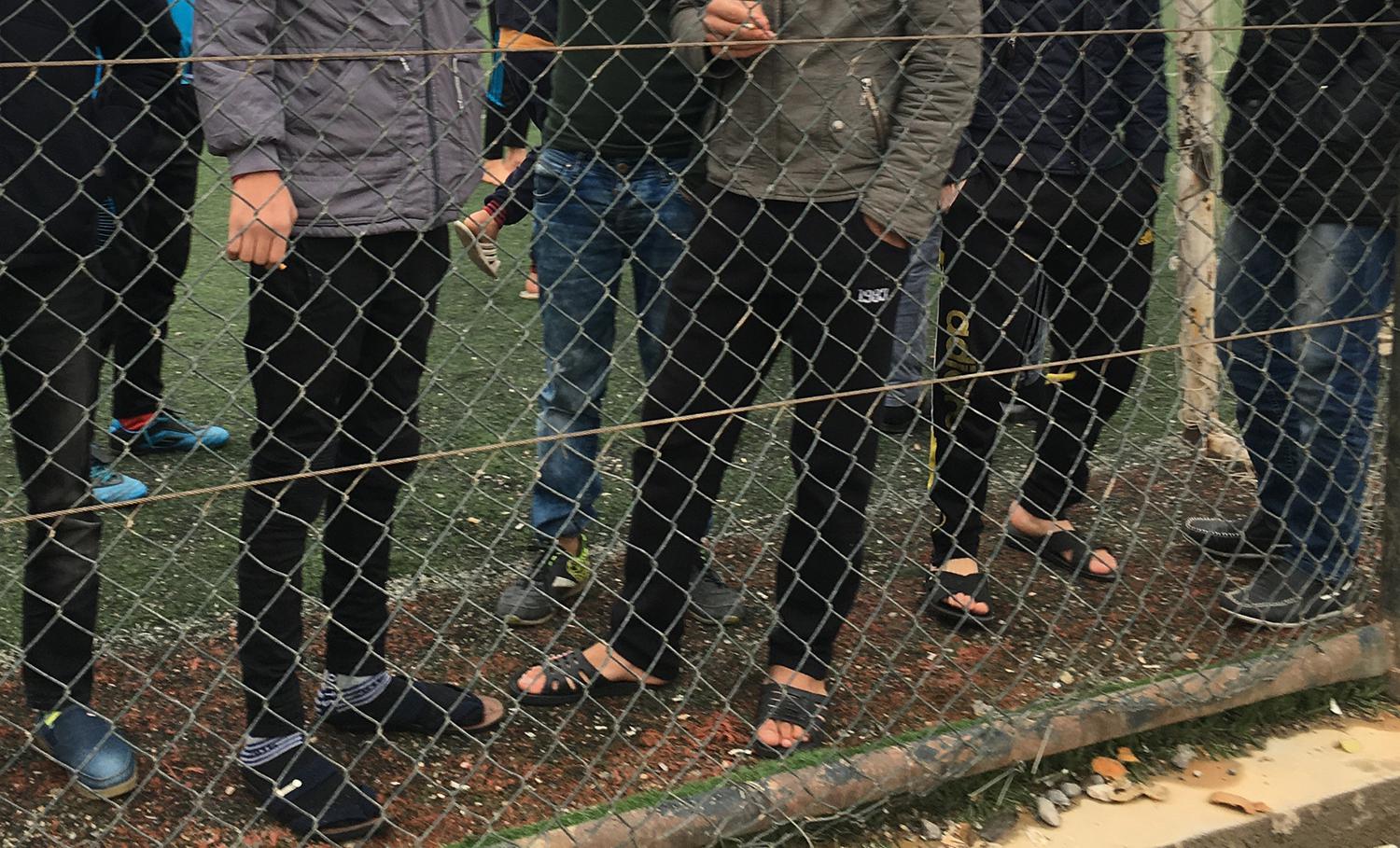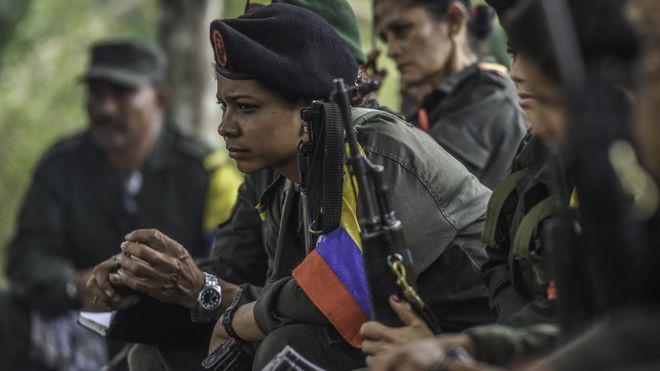by Yesim Usluca
Impunity Watch Reporter, Middle East
BAGHDAD, Iraq — Seventeen children imprisoned by the Kurdistan Regional Government (“KRG”) stated that they were tortured or abused by government security forces while in detention. Human Rights Watch (“HRW”) reported that the children were detained due to suspicion of involvement with the Islamic State (“ISIS”).

HRW stated that it had privately interviewed nineteen boys, ranging in age from eleven to seventeen, who were being held on suspicions of terrorism. The interview took place at the Women and Children’s Reformatory without the presence of a security or intelligence official. The rights group reported that the children were “held in stress positions, burned with cigarettes, punched and kicked, beaten with plastic pipes and cables, and shocked with electricity” by the KRG. A young boy stated that he “felt that my eyes were popping out” while being interrogated with an “electricity machine” after being drenched in water. Another child indicated that he could not breathe after his face was covered up with a towel and tied with tape. He was subsequently beat for over eight hours while being told to confess. The officer then pulled down the young boy’s pants and “threatened to rape him if he did not confess an ISIS affiliation.” Furthermore, five children also reportedly had marks from cigarette burns or electric shocks administered during interrogation.
Most children stated that they denied any involvement with ISIS. Others, however, admitted that they were associated with the group because of “family connections, desire to earn money or pressure from recruiters.” A deputy director at HRW, Ms. Lama Faikh, indicated that security forces are not granted permission to “beat, manhandle or use electric shocks on children” on the basis of “legitimate security concerns.” While characterizing children escaping from ISIS as “victims,” she stated that many are faced with further abuse from Kurdish security forces. Ms. Faikh strongly urged the KRG to “thoroughly investigate” the allegations of child abuse in prisons, and prosecute those who may be responsible.
The seventeen children are among at least 183 other boys under the age of eighteen who have been imprisoned by KRG based on alleged ISIS involvement. Most, if not all, are being held without charge, and were not permitted access to an attorney during interrogation. The report further indicates that government officials have not informed the children’s families of their whereabouts, and most children have not been permitted to contact their families since being detained.
In response to the HRW report, the KRG denied the allegations of torture by Kurdish security forces. The Head of the KRG High Committee to Evaluate and Respond to International Reports, Dr. Dindar Zebari, stated that KRG authorities are “strongly prohibit[ed]” from using physical and psychological torture on prisoners. He stated that detainees’ rights are protected through established policies, legislations and practices against torture.
For more information, please see:
Human Rights Watch—Children Allege Torture by Security Forces—29 January 2017
RT—Kurdish militia tortured children to extract ISIS confessions – HRW—29 January 2017
ARA News—Iraqi Kurds deny torturing ISIS child soldiers—30 January 2017


